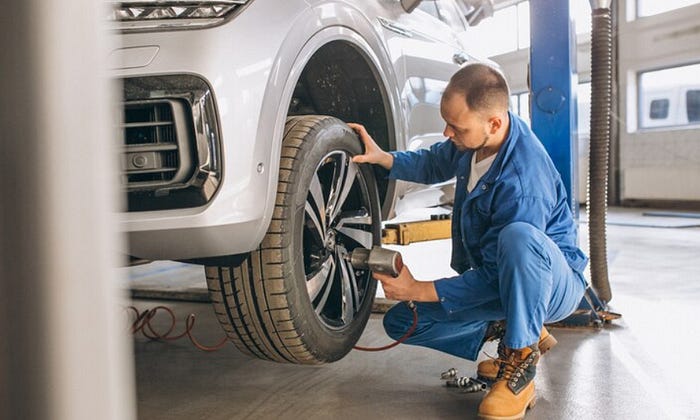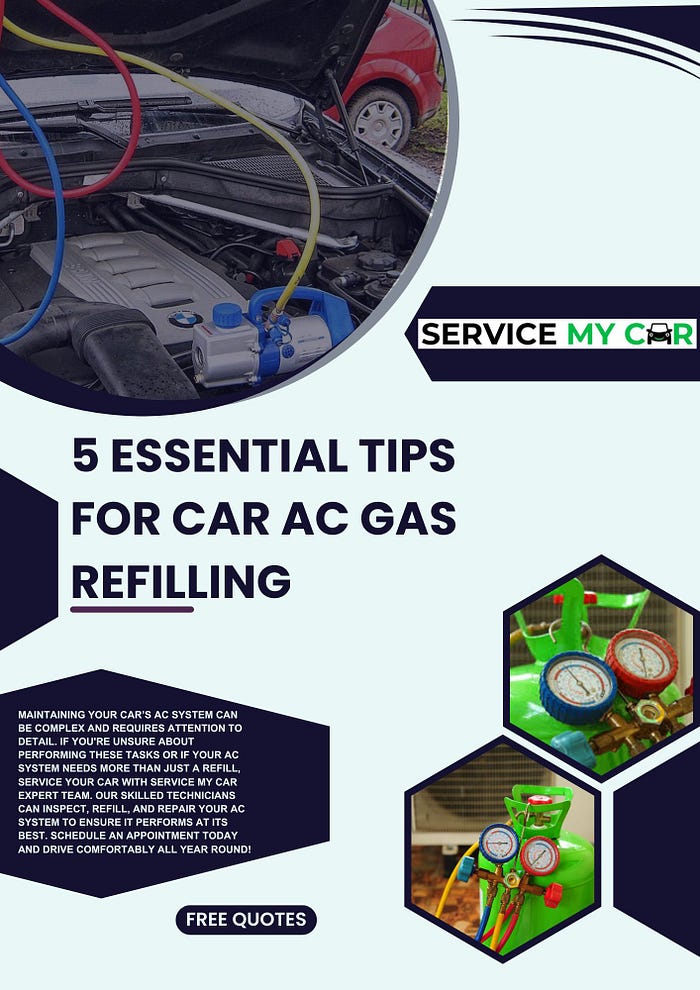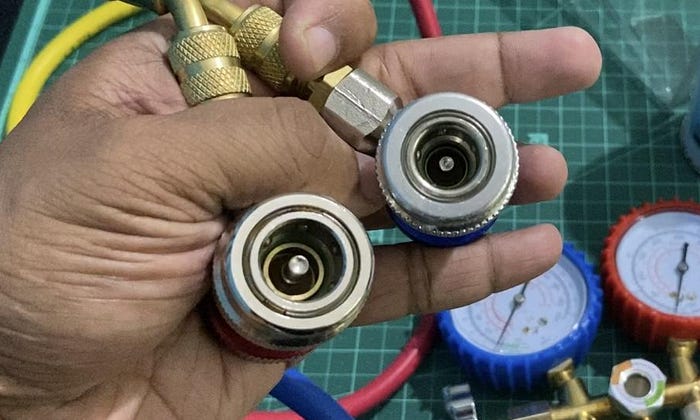Introduction
Picture yourself behind the wheel on a scorching summer afternoon, and your car AC unit is spewing warm air. It feels annoying, makes the ride unpleasant, and could even lead to unsafe conditions. The air conditioning system in your car does more than keep you cool; it also helps clear foggy windows and keeps the air fresh. But just like every other part of your car, it can break down or stop working over time. This makes it essential to notice the warning signs showing your AC car requires urgent fixing.
This article explains five important warning signs that show your car’s AC system might have problems. It also discusses car AC repair, AC servicing, and the reasons behind the cost of car AC repairs. By reading this, you’ll learn when to head to an AC repair shop before a minor problem becomes an expensive fix that could ruin your summer comfort.
The Importance of Getting Your Car’s AC Serviced
A lot of drivers ignore their AC upkeep until problems arise. Getting regular car AC service helps your cooling system work as it should. It also increases the lifespan of key parts like the car ac compressor and saves you from costly repairs. A maintained AC keeps you cool during hot summers comfortable in milder weather, and improves how your car performs overall. This kind of service involves an ac gas refill if needed to keep your car ac unit running.
1. Weak or Warm Airflow
When your AC stops pushing out cool air, it’s a clear signal that something’s wrong. If it starts blowing warm air or feels weak, that points to a bigger issue. Here are a few possible causes:
- A refrigerant leak leading to low levels
- Compressor starting to fail
- Condenser being blocked or damaged
- Cooling fans not working
If you ignore this, it might hurt the AC system even more and turn into a bigger repair bill later on.
Example:
A driver in Dubai noticed the AC was blowing warm air at first. Within a few weeks, it stopped cooling. By then, the car AC compressor got damaged, and fixing it cost twice as much.
2. Weird Noises From the AC
Hearing weird grinding, squealing, or rattling noises when you start your AC could spell trouble. These sounds signal issues like:
- A damaged or worn compressor clutch
- Dirt stuck inside the blower fan
- Broken or loose parts in the AC system
Fixing your car’s AC sooner helps stop more damage and can save you from spending extra money replacing the whole system.
3. Bad or Musty Smell
A stale or damp smell coming from your car vents often shows mold or bacteria growing in the air conditioning system. This happens when water collects in parts like the evaporator or the cabin air filter. It doesn’t just smell bad; it can put your health at risk.
Why You Should Care:
Leaving this unchecked can lower the air quality inside your car and bring on allergies. Cleaning the system and replacing filters, along with an anti-bacterial service fixes the problem and keeps your car AC running its best.
4. Water Getting Into the Cabin
If you find water collecting on the floor of your car’s passenger side, the AC drain system might have a blockage. Instead of releasing condensation outside like it should, the water seeps into your car’s cabin. This can harm the carpets and may lead to mold growth inside.
Things That Cause This:
- Blocked AC drain hose
- Broken seals
- Problems with the evaporator
Fixing this right away helps you avoid expensive interior repairs and gets rid of health dangers linked to a broken car AC unit.
AC Cools the Car Too
When your car’s air conditioning takes a longer time than normal to chill the car, it might mean:
- There isn’t enough refrigerant
- A failing compressor
- A clogged evaporator or condenser
Putting off car AC repair at this stage might cause the entire system to fail. Regular check-ups and fixing problems on time keep your car AC unit working well.
What Affects Car AC Repair Costs?
The cost of fixing your car’s AC depends on a few things:
- The type of repair (like a small leak or replacing the compressor)
- Your car’s model and the AC’s setup
- Local labor costs in your area
- How easy it is to get replacement parts
The overall cost depends on what kind of service your car needs. To figure out what repairs or maintenance your car’s AC system requires and how much it will cost, getting a professional inspection along with a vacuum test is your best choice.
How Often Should You Service Your Car’s AC?
Experts say you should service your car’s air conditioning system once every year. This involves steps like:
- Checking refrigerant levels and doing an AC gas refill if needed
- Cleaning both the evaporator and condenser
- Changing the cabin air filter
- Looking at hoses and seals to make sure there are no leaks
Getting regular maintenance done helps your car AC system run better and saves you money over time.
FAQs About Fixing Your Car AC
1. How can I tell if my car AC needs a gas refill?
Weak airflow or a lack of proper cooling means your AC might need a refrigerant refill. It is important to check for leaks first to confirm the pressure in the system before refilling the AC gas.
2. Can I still use my car if the AC stops working?
You can still drive without a working AC, but it can be very uncomfortable in hot weather. When temperatures rise, it might also stress the driver or even make them overheated. Ignoring the issue could make things worse for your car AC later.
3. Are AC repairs for cars pricey?
No. Routine check-ups cost much less than spending big on major repairs. Keeping up with upkeep helps your system runs and stops your car AC unit from breaking down in a way that drains your wallet.
Conclusion
Your car AC unit is important for both comfort and safety. Not dealing with warning signs can bring expensive fixes and health problems. Things like weak airflow or funky smells shouldn’t be ignored. Noticing these problems helps your air conditioning system stay in good shape.
If you spot these five signs showing your conditioner requires servicing, act and book a car AC repair with someone reliable. Getting regular car AC maintenance, like making sure the AC gas refill happens on time, helps you save on costs and keeps your car’s cooling system working longer. This way, you and your warm passengers can stay cool and avoid dealing with a weak AC during the summer.
Thank you for reading this blog. If you are looking for Dodge car maintenance, it’s important to choose a service center that understands the power and performance of Dodge vehicles. Proper maintenance helps keep your engine strong, improves fuel efficiency, and extends the life of your car. Whether it’s routine servicing, diagnostics, or component repairs, your Dodge needs expert care. For reliable and professional support, you can visit the Service My Car website. They offer skilled technicians, genuine parts, and convenient online booking to keep your Dodge running at its best.
















